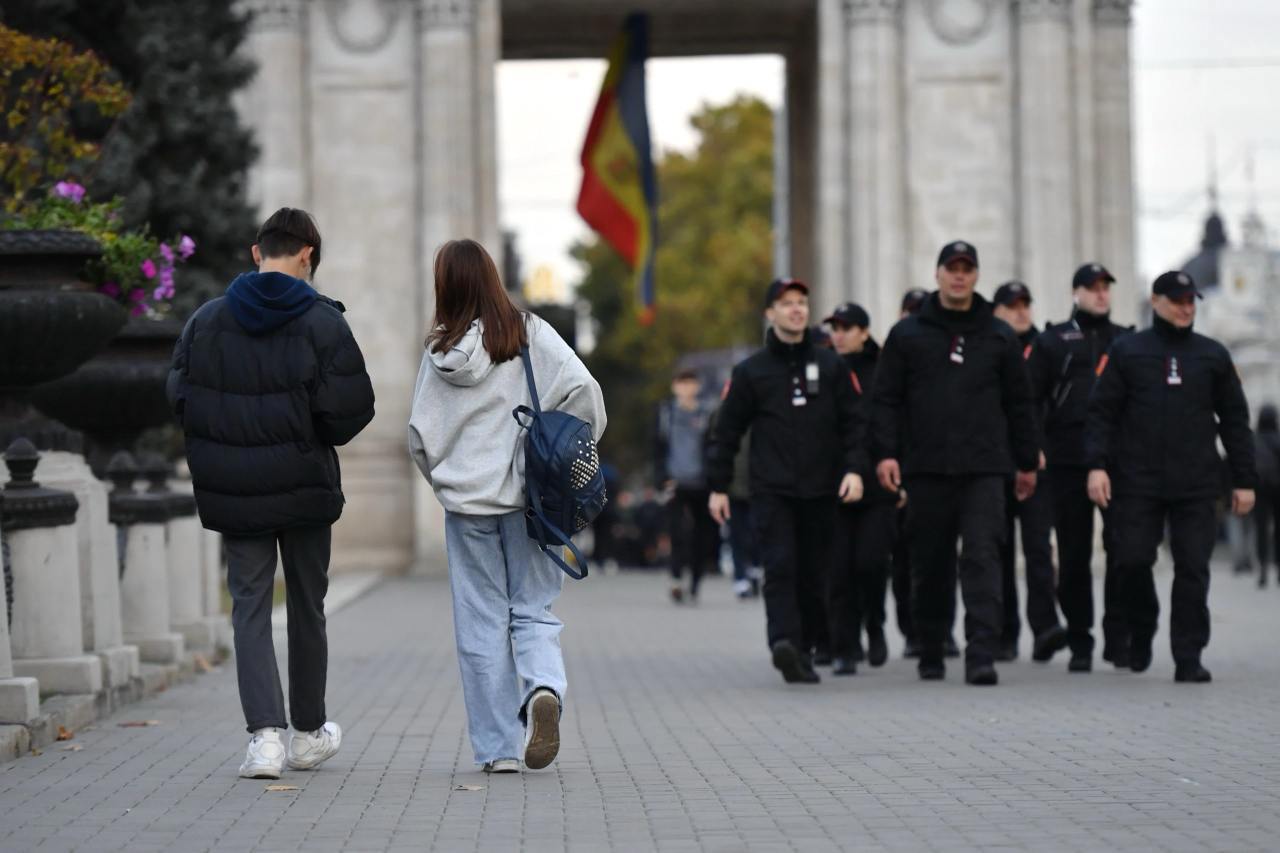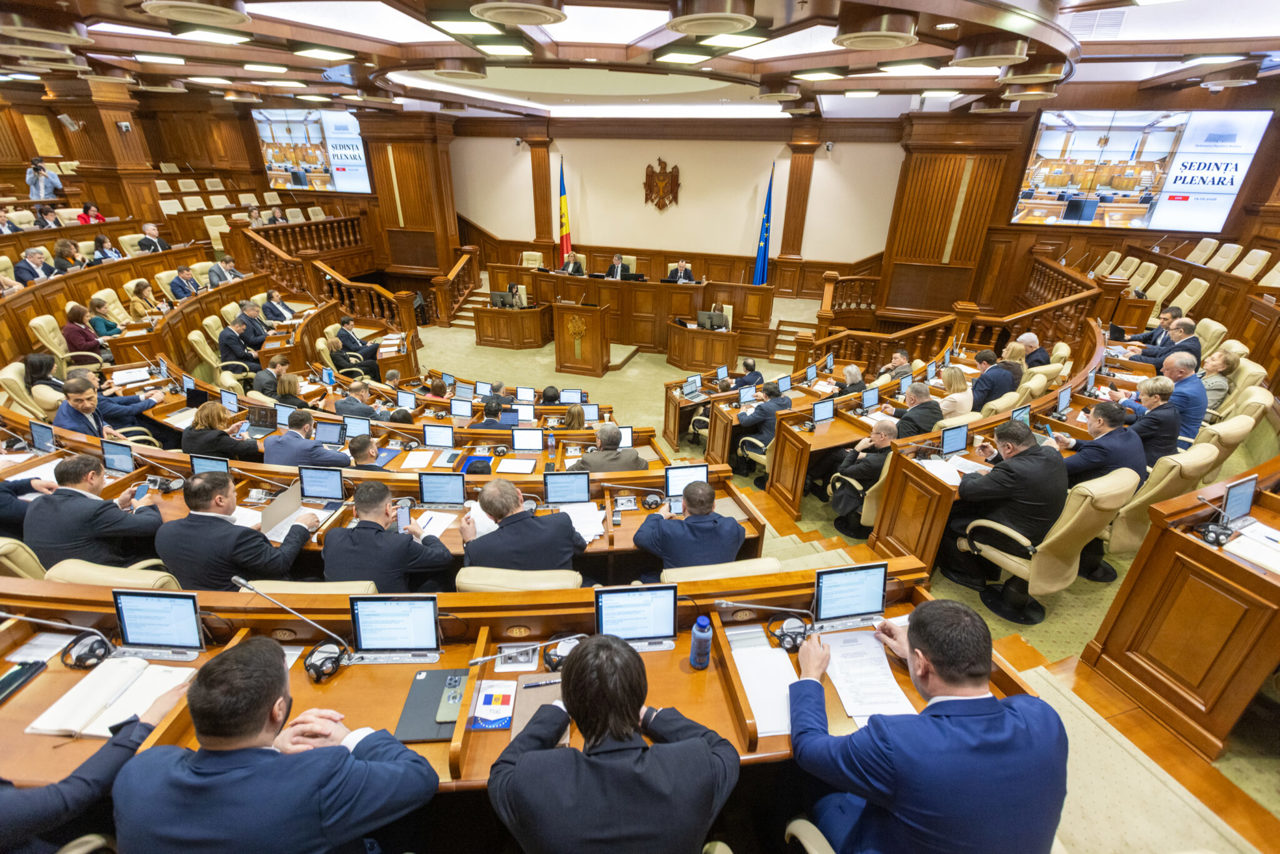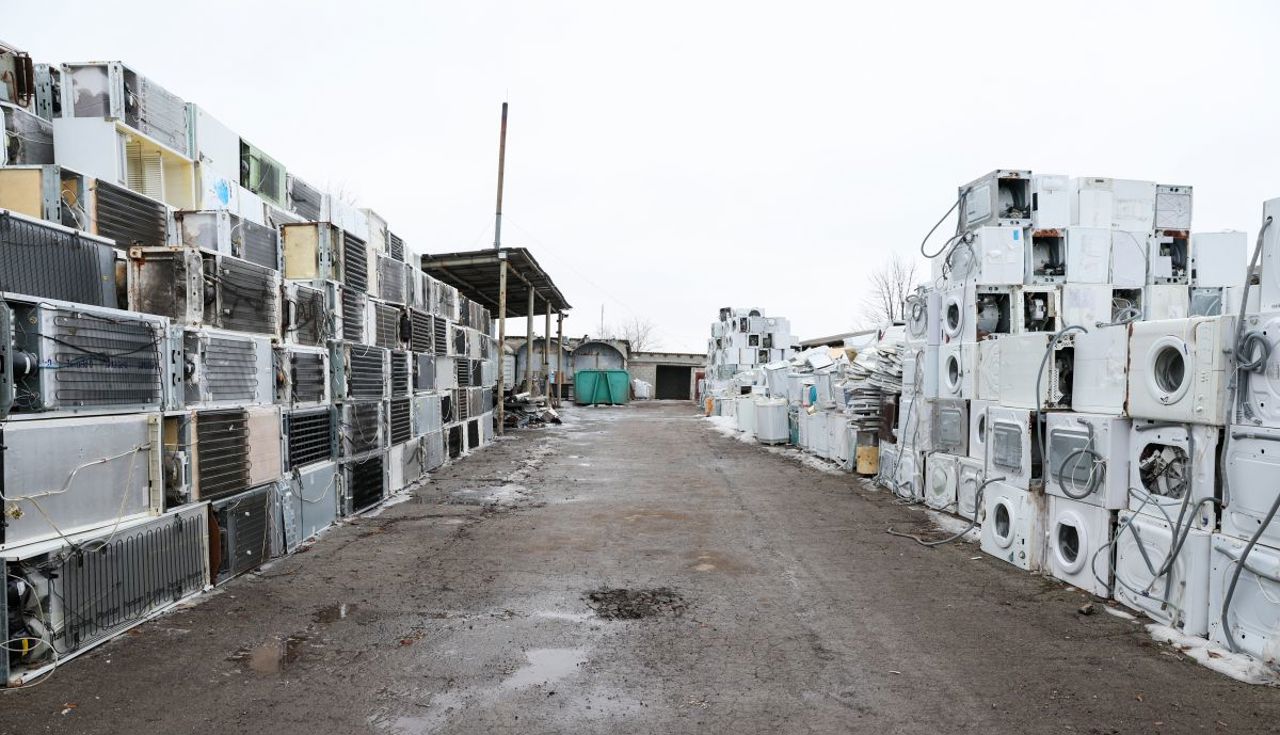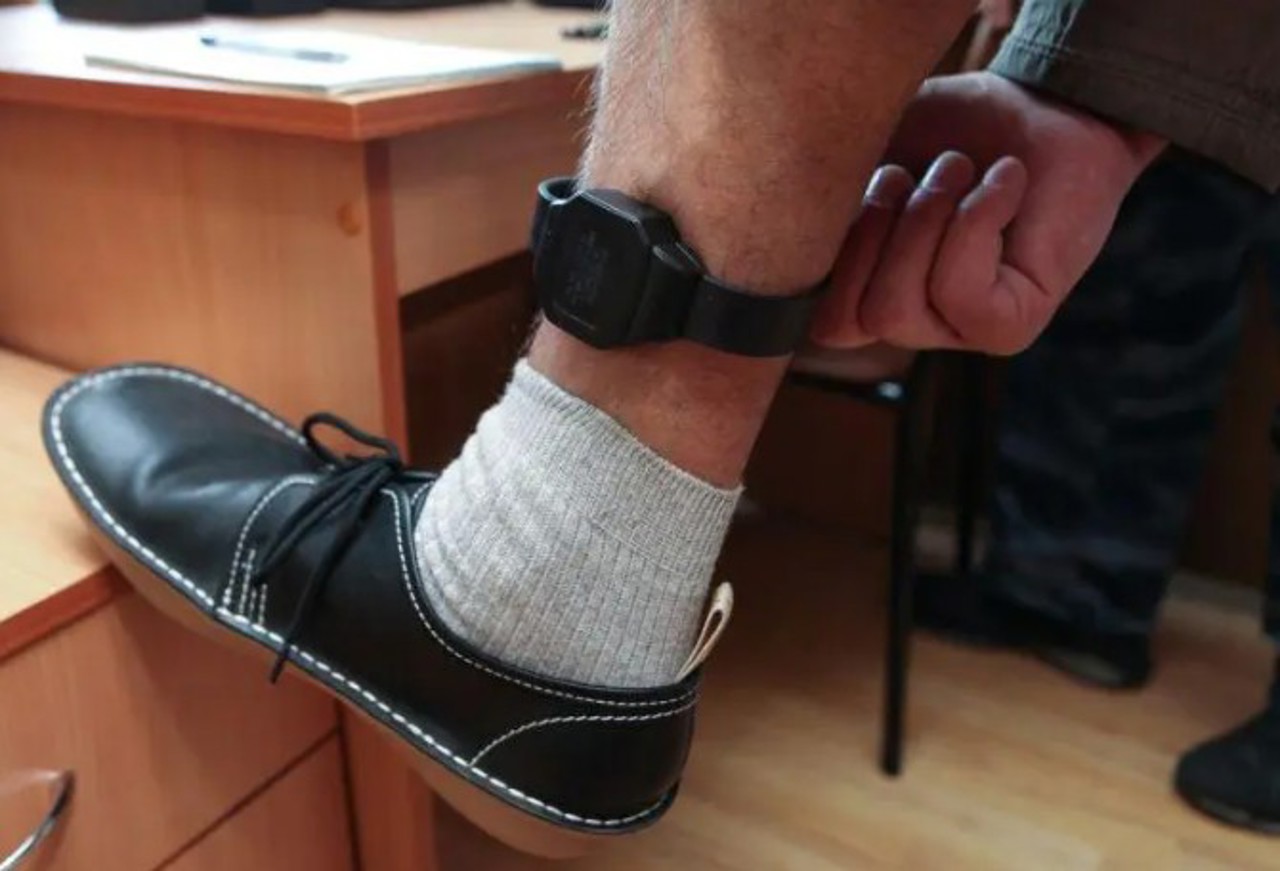Moldova secures EU support in overcoming energy crisis
The energy crisis continues to dominate current affairs. Exactly one month after the Russian giant Gazprom halted gas deliveries to Moldova – a decision that left the left bank in the cold and darkness, and the right bank facing higher energy bills – the European Union has once again thrown us a 'lifeline': a non-repayable grant of 64 million euros.

For the first time in over three decades, European gas has reached the left bank of the Dniester.
This week started with good news – the European Union is "saving us once more," announced Prime Minister Dorin Recean at a press conference held nearly a month after the gas crisis began, affecting both the left and right banks of the Dniester. Recean presented three solutions, coordinated with Brussels, designed to alleviate the impact of the crisis. Immediately, Chișinău will deliver 3 million cubic meters of gas to the left bank of the Dniester, as requested by Tiraspol; urgently, the EU will grant Moldova 30 million euros to help produce electricity for the right bank at pre-crisis prices; and long-term, the EU and Chișinău will work together on a resilience plan for the next two years. A day later, the Security Council of Moldova (CSE) decided: it will lend the Transnistrian region 3 million cubic meters of natural gas, under a contract signed between Moldovagaz and Tiraspoltransgaz, with the agreement guaranteed by the EU.
While European officials declared that the EU had thrown Moldova a "lifeline" and that, while Gazprom resorts to blackmail, the EU offers support, the announcement in Chișinău raised more questions than it answered. Experts’ opinions were divided: some saw the proposed solutions as a concession by Chișinău, while others viewed them as an attempt to overcome the crisis affecting both sides of the Dniester. The Speaker of Parliament, Igor Grosu, responded to the criticism in an interview on Radio Moldova, stating that, in the short term, the help would immediately resolve the energy crisis, and in the long term, eliminate Russia's energy blackmail.
The debates continued on the right bank for several days – during which Russian propaganda and Tiraspol seemed to have fallen silent. Only on January 29 did the government spokesperson, Daniel Vodă, announce that Tiraspol had accepted the EU's help. That evening, the first working meeting was held to discuss the technical details for delivering this assistance to the citizens on the left bank of the Dniester. However, the meeting ended without concrete results and with dissatisfaction from Tiraspol. Chișinău proposed alternative ways of delivering energy resources to the left bank, but Tiraspol criticized this new option, expressing confusion over the amount of gas it would receive.
While Tiraspol seemed to delay providing the requested information to Chișinău, the energy crisis continued to strain the local budgets and the wallets of people on the right bank, where gas and electricity bills had increased significantly. However, Denmark stepped in to help, allocating 5.4 million euros to assist vulnerable Moldovans in paying their bills. By the end of the week, Prime Minister Dorin Recean announced that the EU would offer Moldova not 30 million euros, but 64 million euros. The Prime Minister requested that Tiraspol provide a list of the recipients of the EU assistance, emphasizing that Chișinău would not allow gas to be used by the Metallurgical Plant or cryptocurrency farms.
Exactly one month after the suspension of Russian gas deliveries, the EU and Chișinău succeeded, through joint efforts, in bringing European gas to the Transnistrian region. By decision of the CSE, Chișinău redirected 20 million euros to purchase gas for the left bank and 10 million euros for purchasing electricity for the right bank. All purchases were made through the Moldovan company SA Energocom. "This is not a political compromise, but a pragmatic (from Chișinău) and humanitarian (from the European Union) solution. Some will try to interpret this decision as a concession. The facts tell a different story. Chișinău and its European partners have broken the vicious circle in which people on both banks were held hostage by uncertainty, disinformation, and constant, toxic manipulation," stated government spokesperson Daniel Vodă.
You may be wondering what will happen after February 10? The government informs us, without providing further details, that there will be "a discussion based on clear, transparent, and legal conditions": "Moldova will no longer accept the rules imposed by others."
The good news from the European Union didn’t stop there. In addition to the gas crisis support, this week also brought more positive news for Moldova. On January 30, the European Parliament adopted the report on the Moldova Facility, worth 1.8 billion euros. The funds provided by the European community will support projects in transport and energy infrastructure, the construction of two hospitals, and the stabilization of electricity and gas prices. Experts note that in order to benefit from this support, Moldova needs to develop well-defined projects and ensure the efficient use of resources.
Also this week, preliminary results from the 2024 census were published. The data presented is concerning: in the last decade, Moldova has lost approximately 400,000 residents, now totaling 2.4 million. Furthermore, rural areas have lost nearly half a million people, while urban populations have increased by 7%. One in three people in the country now lives in the capital. What language we speak, how we identify ourselves, and what religion we follow – find all the details here.
The last few days have also brought bad news for Moldova's two specialized prosecution offices – PA and PCCOCS – whose merger is proposed by the Minister of Justice. The reason? Corruption, including political and electoral corruption, is "flourishing," and there is a need for consolidation of the two institutions directly responsible for combating this scourge ahead of the parliamentary elections, which may be held in the fall. The head of the Anti-Corruption Office, Veronica Dragalin, rejected the accusations, stating, "I don't know what problem we are trying to solve," during her presentation of the institution's activity report, held a day after the Minister Veronica Mihailov-Moraru's proposal. The document showed that the PA had achieved "historic" results in 2024, despite operating with an all-time low number of staff. Experts suggest that this reform might be aimed at removing Veronica Dragalin from the system, as, although she was promoted to her position by PAS, she is now criticized by some members of the political party. However, the Minister rejected the criticism and said that the reform should be seen as an "institutional approach, not a decision related to individuals."
Two days after the Ministry of Justice announced the intention to merge the specialized prosecution offices, the General Prosecutor's Office pointed out that any modification should aim at an efficient justice act, based on the real needs of society and aligned with best European practices. The Superior Council of Prosecutors called for a constructive and professional dialogue between state institutions. The reform was also commented on by the EU Ambassador to Chișinău. Janis Mažeiks believes that any changes should be the result of a high-quality legislative process, meaning the changes should be well thought out and consulted before being adopted.
Translation by Iurie Tataru
Moldova's Changing Population
A Decade of Demographic Shifts (2014-2024)
Chișinău: The Capital City
One in three Moldovans now resides in the capital





